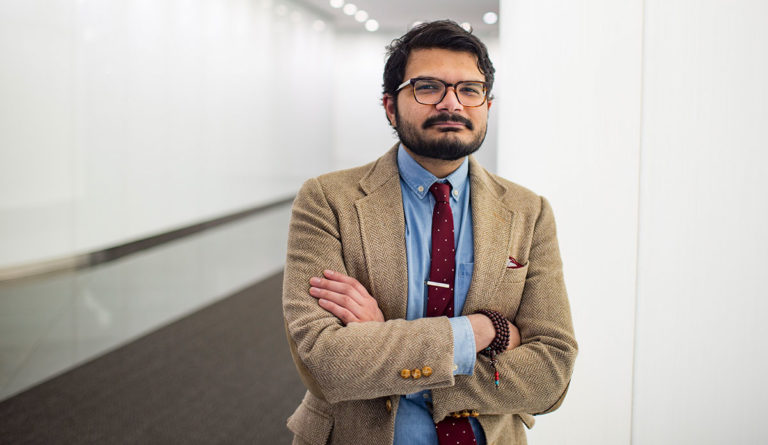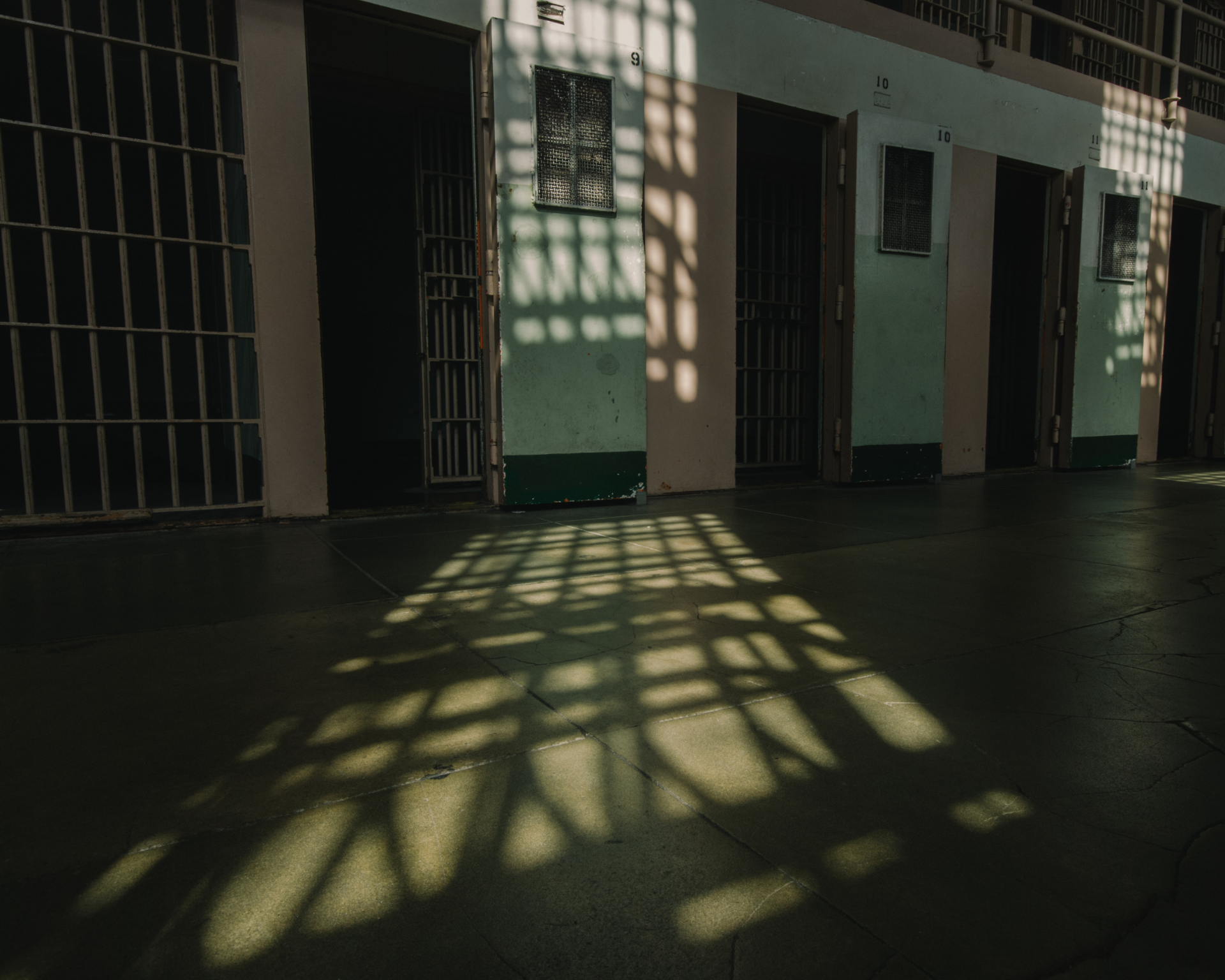A Pakistani-American In Trump’s America
"We now have something tangible that we can work with to take the next step towards diluting this climate of hate which is fueled in large part by economic frustration."

Read Time: 5 minutes
Published:
I think it is prudent to reveal my own bias right off the bat: I was named after Faiz Ahmed Faiz—Pakistan’s most famous poet, and a committed Marxist dissident. Consequently, one could say that my political leanings were predestined. Now you know one thing about me, and here is another that you may have already deduced: I am Pakistani-American. I immigrated to the U.S. almost 10 years ago when I was 15 years old. I attended high school in Bloomington, a progressive small town in Indiana, home to Indiana University’s flagship campus. In high school, I felt the memories of 9/11 were still too fresh for me be myself. I was dishonest about my origins; I told some that I was from India, and to others I said I was from somewhere else. I picked up the American accent fairly quickly, which is why most people were none the wiser. My “dirtiest” secret perhaps, was that I was a closet-Muslim. I remember praying in dark and dingy corridors, lest someone find out who I was.
When I did begin poking a toe or two out of my closet, I was surprised to find out that my fears were real, but exaggerated. I was met with kindness and affection. This kindness and affection saw me all the way through college, graduate school, and into medical school. I especially remember my social studies teacher, Steve Philbeck (to whom I owe a lot) who would allow me to pray in his classroom if I ever needed to—my first ever safe space. That said, it would be disingenuous of me to paint an all too rosy picture. I distinctly remember being once called a terrorist, and another time being asked where we were hiding Bin Laden.
The reasons I delve so deeply into my background in this piece are twofold; one, because it’s cathartic, as it reminds of a time when our country was, at least ostensibly, less divided. And second, because it has crafted the lens with which I view the results of this election.
The results of this election do imbue me with a modicum of hope. We now have something tangible that we can work with to take the next step towards diluting this climate of hate which is fueled in large part by economic frustration.
What surprised me most during this election cycle is that many of my friends and acquaintances who like me and want to see me succeed, still voted for Donald Trump . We must resist the temptation to reduce all of the President-elect’s supporters as racists, xenophobes, bigots, and sexists. Trump tapped into a legitimate anger among working class white Americans towards stagnating upward mobility. Recently, Saturday Night Live did a skit where Tom Hanks plays a Trump supporter on Black Jeopardy, who does remarkably well and gets along famously with the black contestants, showing that they have similar grievances. This is what makes Trump’s sin so grave: he has misdirected legitimate anger towards minorities who are suffering under the yolk of the same economic policies.
The results of this election do imbue me with a modicum of hope . We now have something tangible that we can work with to take the next step towards diluting this climate of hate which is fueled in large part by economic frustration. As Nicholas Kristoff writes, economic frustration doesn’t necessarily stem from materialistic privation, but from the lack of hope in a better tomorrow. This is where public health can play an important role because we know we cannot improve a community’s health without improving its socioeconomic status. This is by no means a groundbreaking revelation. It is, however, a call to redouble our efforts upon improving the social determinants of health.
I am not naïve. I realize that there is a virulent strain of racism in America that becomes ever more conspicuous during election season. Unsavory characters have always been a feature in America’s tapestry. After they were disowned by the Democratic Party, they latched themselves to the Republican Party. As far as unsavory politicians go, we have seen them off too; compared to George Wallace and President Andrew Johnson, Donald Trump sits low on the totem pole.
In the short term, it is clear what we all have to do on an individual level; we must build a wall. A wall between the hate that Mr. Trump’s campaign has emboldened and the people towards whom it is directed. Unlike Mr. Trump’s fantasy, this wall isn’t built with concrete, but with radical compassion and empathy .
Author’s acknowledgment: I would like to acknowledge the contributions of Jen Hawkins to this piece. Thank you for your friendship and wisdom.
Photo courtesy of the author.



